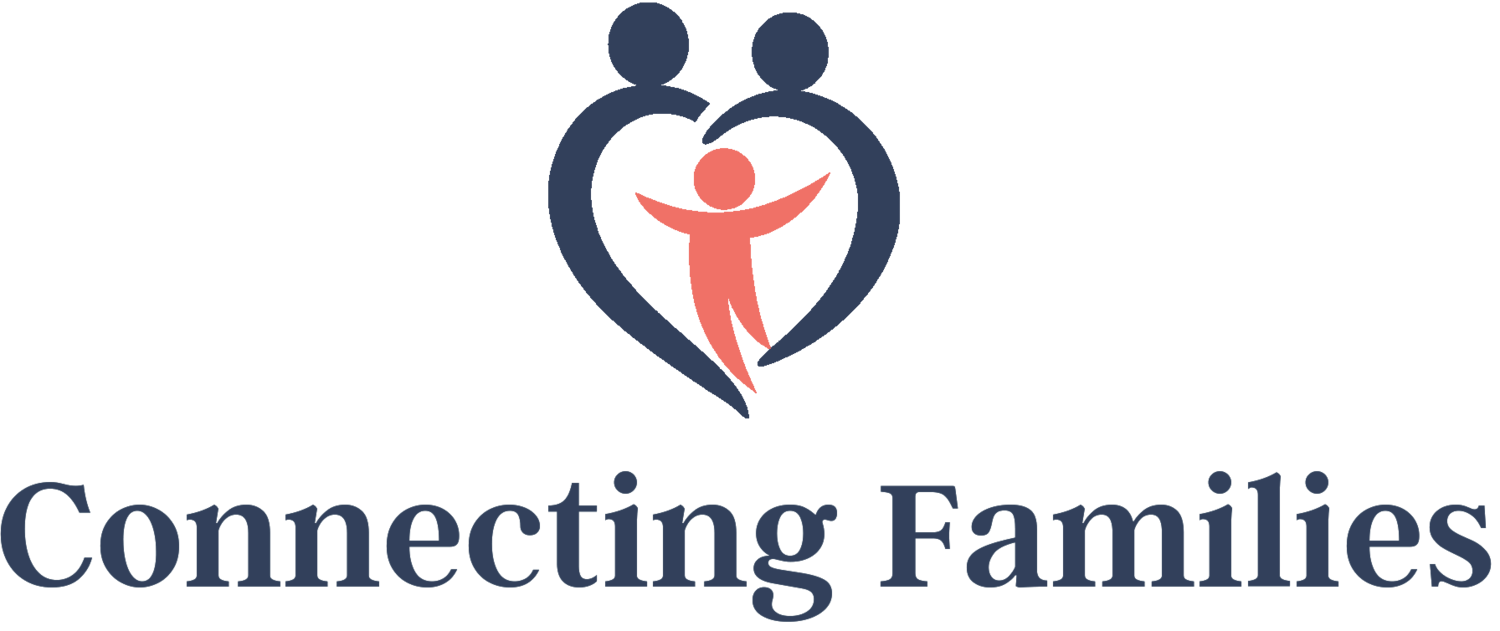7 Reasons Why Family Therapy Isn’t Just For Your Child
Is your teenager always angry?
Are your kids forever fighting?
Or do your children refuse to share their toys with others?
If any of these worries keep coming up, you may be wondering if you need to take your child for family therapy.
Children’s mental health should be taken seriously. According to Children's Mental Health Ontario (CMHO), “as many as 1 in 5 children and youth in Ontario will experience some form of mental health problem.” 70% of mental illnesses are conceived in childhood or adolescence.
However, family therapy is not only for angry or bored kids. Parents and siblings are an integral part of a kid’s well-being, and their participation in family counselling will uncover root causes and result in holistic treatment.
7 reasons why family therapy is not just for children
You have to treat the family, not just the child
Everyone has a role to play in the family, and that role can change
Each family member affects the other
Repairing family relationships is the key to healing
Good communication leads to healthy families
Children will flourish if parents are doing well
Parents need to role model a strong foundation for the family
1. You have to treat the family, not just the child
Each member of a family, regardless of their age, contributes to the health and happiness of a family. A sick baby can impact a mother’s stress levels, while a parent with mental illness can affect a child’s disposition.
The death of a friend or relative can leave each family member grieving in their own way. A child may resort to disruptive behaviours as they are unaware of how to regulate intense emotions.
Parenting styles can have far-reaching impacts on children even after they become adults. For instance, adult attachment styles explain how relationships with our primary caregivers can morph into the relationships we develop with our partners later in life.
“Each member of a family, regardless of their age, contributes to the health and happiness of a family.”
2. Everyone has a role to play in the family, and that role can change
Change is a constant with everything, including families. Families need to adapt to changing environments like pandemics or new trends in social media.
The role each member plays in the family also changes with time. A child’s role in a family changes when they become a teenager and perceive themselves to be more independent.
Changes in the environment and changes in family members can impact the whole family in varying degrees.
“It’s not about blaming a child or singling out a parent. A family is a system, and each part affects the other. “
3. Each family member affects the other
Think of a family as a tree. The foundation is provided by the roots and trunk, aka caregivers and partners, while branches of children grow from this foundation.
If the roots don’t get enough nutrition, the whole tree may eventually die. Similarly, if a branch contracts a disease, it can spread to other branches and the trunk over time.
It’s not about blaming a child or singling out a parent. A family is a system, and each part affects the other.
4. Repairing family relationships is the key to healing
Children and adults go through different emotions with respect to what’s happening at school or work. A family can support the member in distress by providing validations and a kind ear.
If the family is not available to provide emotional support, a child or parent has to resort to external options that may or may not provide the required assistance.
Healthy family relationships can provide all family members with much-needed compassion to face life’s challenges with confidence.
5. Good communication leads to healthy families
Children learn about life from their parents. Since parents generally have the most facetime with kids, they can coach their kids on managing emotions. Parents also help children problem solve and teach them life lessons.
Families teach children valuable social skills like sharing, bonding, listening, and caring. Families that struggle with communication can hinder the child’s progress in these areas.
“While parents can be the solution to a child’s distress, they can also be the source of pain when the parents have struggles of their own.”
6. Children will flourish if parents are doing well
While parents can be the solution to a child’s distress, they can also be the source of pain when the parents have struggles of their own. Adult trauma and unhealthy attachments can manifest in ways that are confusing to a child.
According to research conducted by the University of California Los Angeles (UCLA), parents with severe trauma from their childhoods are more likely to have kids with behavioural health issues.
When a parent who is suffering from distress gets the needed help through therapy, the family’s health improves even if the child is not taken for counselling.
7. Parents need to role model a strong foundation for the family
Parents and their relationship form the foundation that holds the family together. Angry parents and unstable relationships can make a child feel guilty and violated.
Marital counselling can help repair parental relationships. Healthy parental relationships, in turn, can help regulate the child’s emotions and disruptive behaviour.
Summary
Maintaining a healthy family can be stressful. But a connected family is crucial to children’s well-being and positive growth. If you see your child struggle with everyday challenges, family therapy is the solution. Having your whole family participate will result in the best treatment possible.
If you're interested in how family therapy can help you and your family, please check out our services or contact Connecting Families Therapy for a free consultation.

